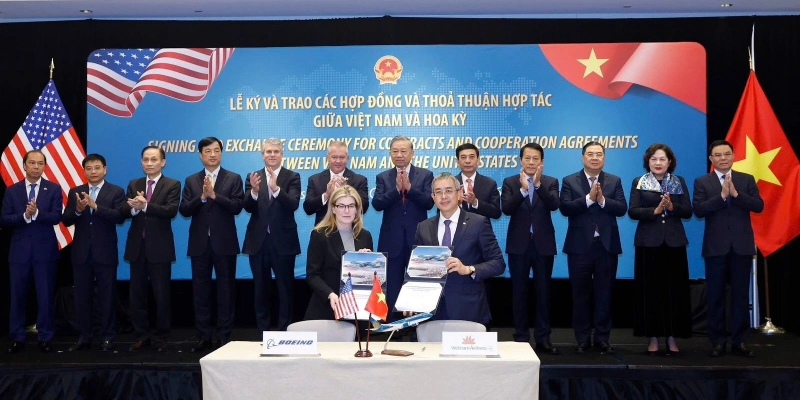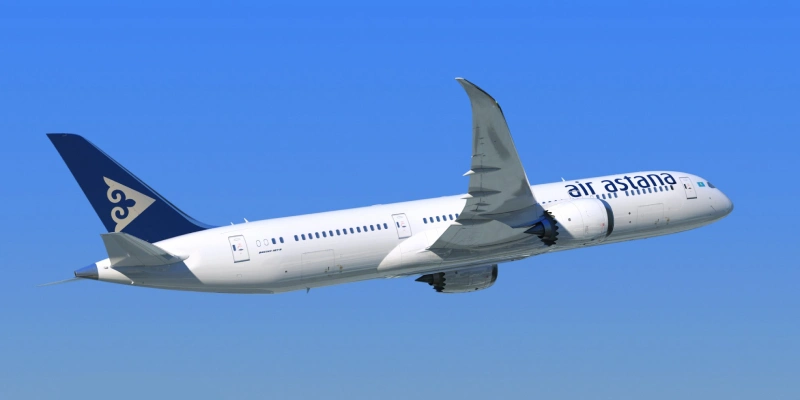A group of leading companies in the UK aviation and renewable energy sectors including easyJet, Rolls-Royce, Airbus, Ørsted, GKN Aerospace and Bristol Airport, have today established the Hydrogen in Aviation (HIA) alliance to accelerate the delivery of zero carbon aviation.
While there are various options for decarbonising the aviation sector, including sustainable aviation fuels (SAF), synthetic fuels or batteries, HIA believes that more attention should be paid to the potential of the direct use of hydrogen.
Hydrogen is a very promising alternative-fuel option for short-haul aviation. Airbus is developing new hydrogen powered aircraft with the aim of entering commercial service from 2035 and Rolls-Royce has already proven that hydrogen could power a jet engine following successful ground tests in 2022. Furthermore, many smaller operators are making rapid progress on hydrogen-powered aircraft, notably ZeroAvia and Universal Hydrogen who have already carried out flight tests.
The group will be drawing on their considerable expertise to propose a clear and deliverable pathway to achieving hydrogen-powered aviation. HIA will work constructively with Government, local authorities, and the aviation and hydrogen sectors to enable the UK to fulfil its potential as a global leader in this critical application of hydrogen technology. This will include setting out the pathway for scaling up the infrastructure and the policy, regulatory and safety frameworks needed so that large scale commercial aviation can become a reality.
→ Airbus opens new A321XLR equipment installation hangar
The alliance will set out that Government needs to be focused on three key areas which are; supporting the delivery of the infrastructure needed for the UK to be a global leader; ensuring the aviation regulatory regime is hydrogen ready; and transforming the funding for hydrogen aviation R&D support into a 10 year programme, if the UK is to see the economic benefits and meet decarbonisation targets.
“There is no doubt that the UK has the potential to become a world leader in hydrogen aviation, which could bring with it a £34bn per annum boost to the country’s economy by 2050, but in order to capture this opportunity, rapid change is needed and the time to act is now”, Johan Lundgren, CEO of easyJet and first Chair of HIA said.
“Collaboration is key when it comes to achieving our net zero ambitions as an industry, which is why we are proud to be part of the Hydrogen in Aviation Alliance. Our contribution to HIA is the capability and experience we have in pioneering new technologies and solutions – we have already tested a modern aero engine on green hydrogen and we strongly believe it is one of the solutions that will help decarbonise aviation in the mid to long-term”, Grazia Vittadini, Chief Technology Officer at Rolls-Royce said.
“As Airbus continues to mature the aircraft technologies needed to deliver hydrogen-powered flight, a united industry voice is needed to secure a robust ecosystem of renewably-sourced hydrogen. Joining our peers from across the UK aviation landscape in a targeted approach to policy and investment action brings us closer to a decarbonised future of flying”, Sabine Klauke, Chief Technology Officer at Airbus said.
Related Topics
FAA Issues Airworthiness Directive for Boeing 737 MAX Due to Risk of Excessive Cabin Temperatures
FAA and EASA Grant Initial Certification to Boeing 777-9 Simulators, Enabling Pre-Training Phase for Pilots
Vietnamese Airlines Sign Agreements for 90 Boeing Aircraft
Air Astana Finalizes Largest Order in Its History: Up to 15 Boeing 787 Jets

Un apasionado por la aviación, Fundador y CEO de Aviación al Día.




